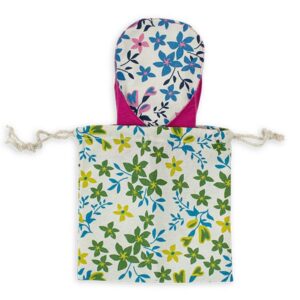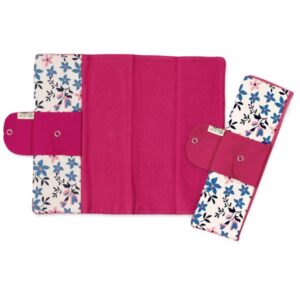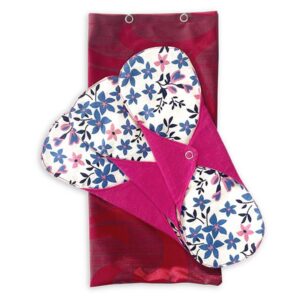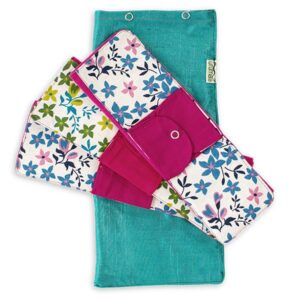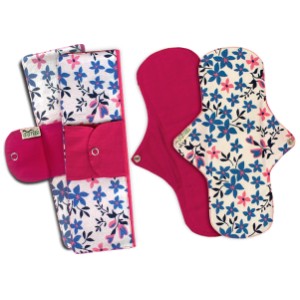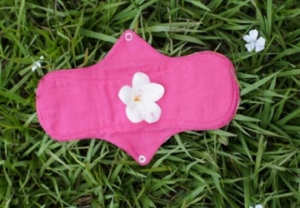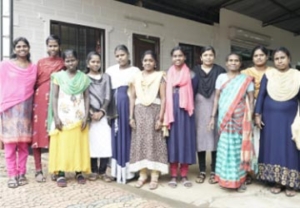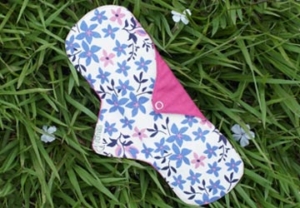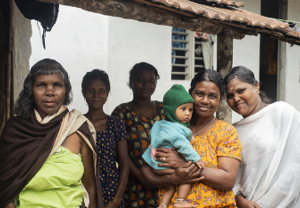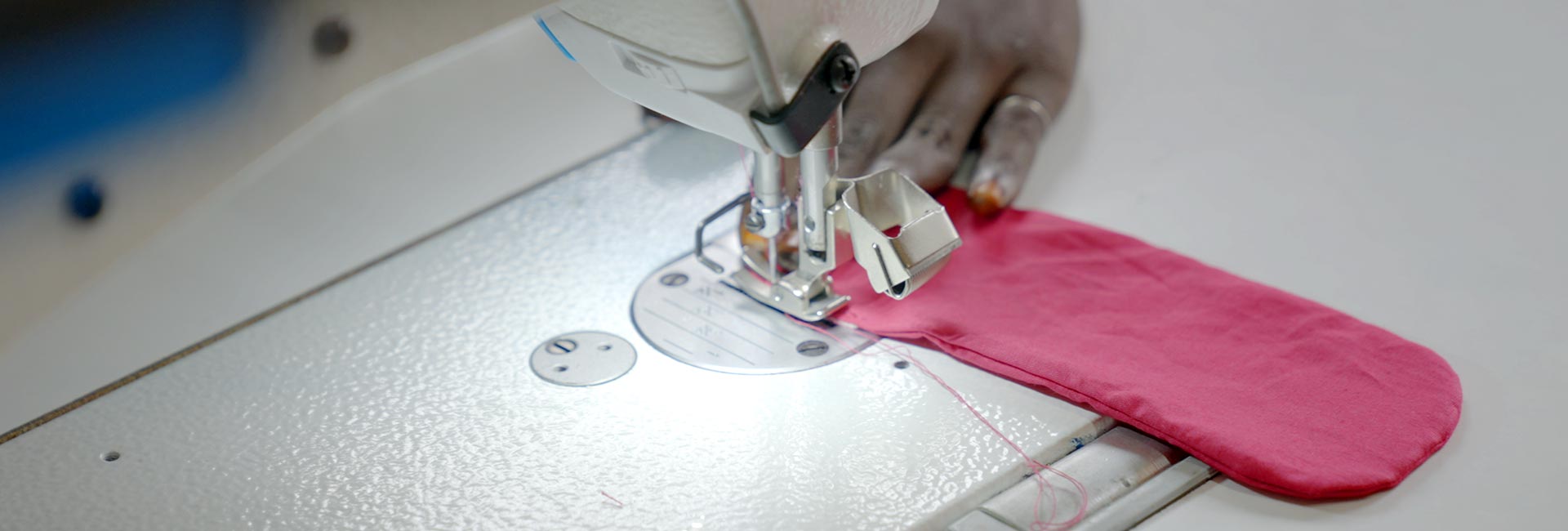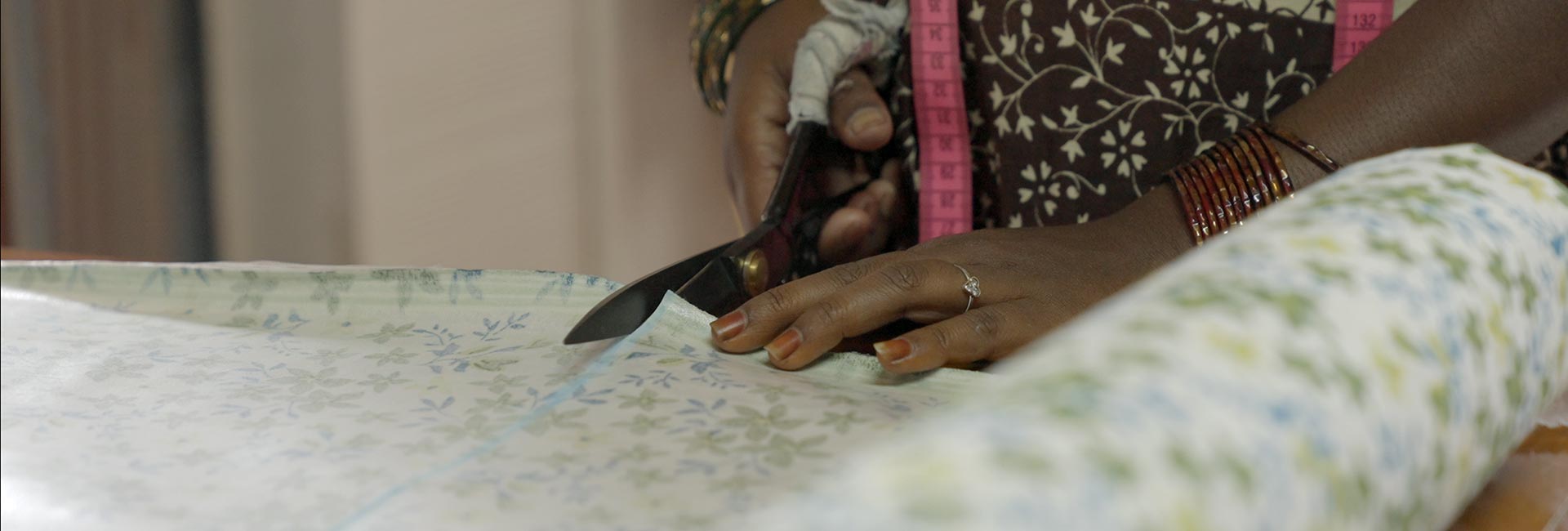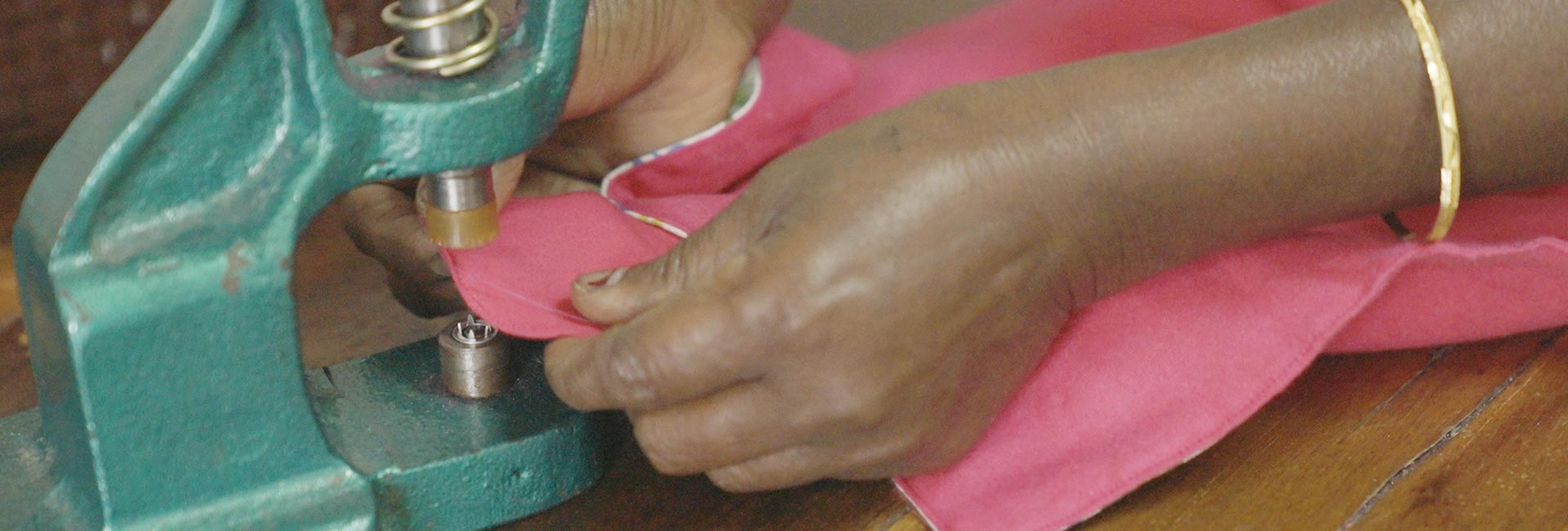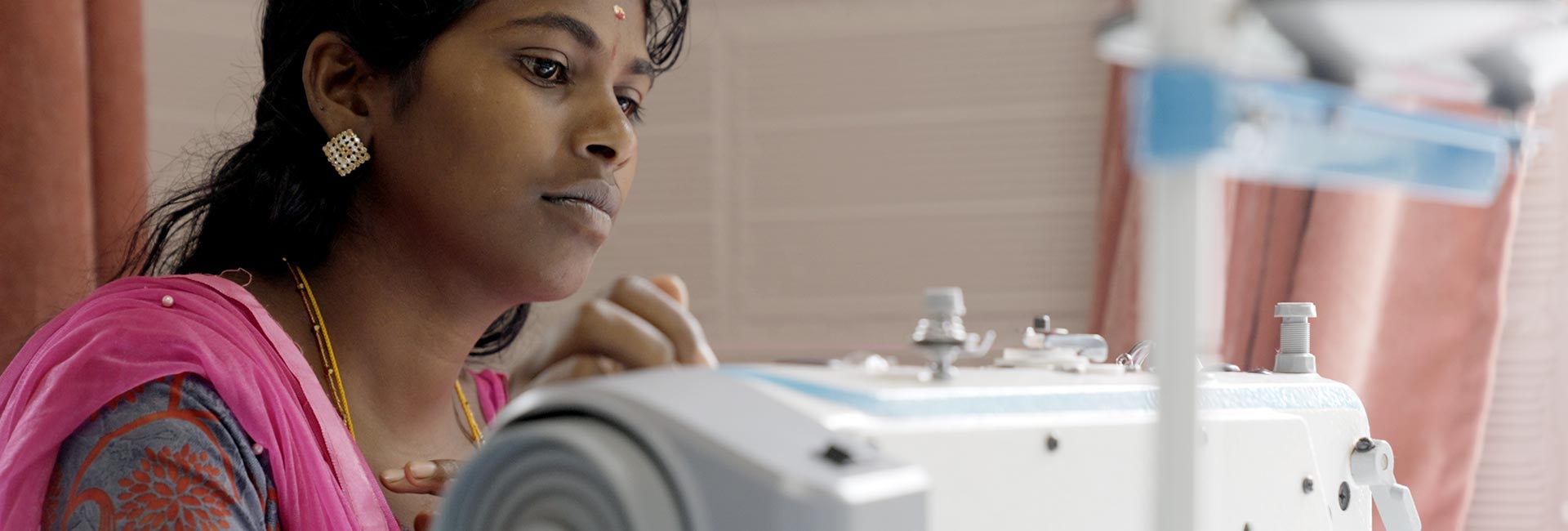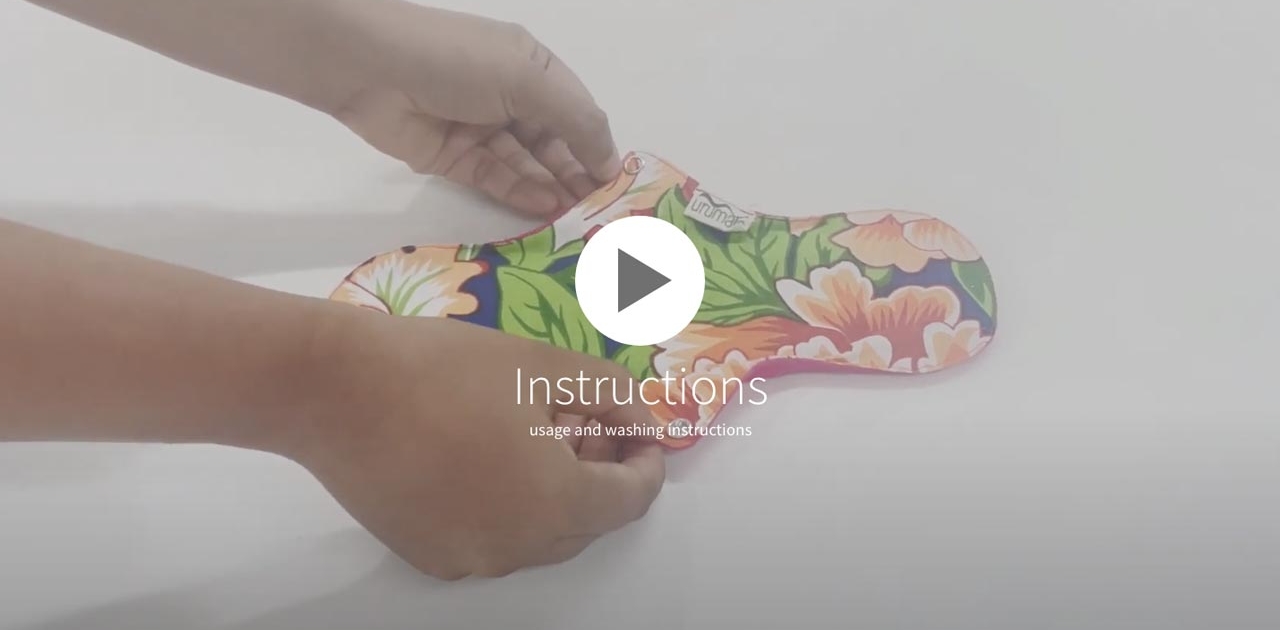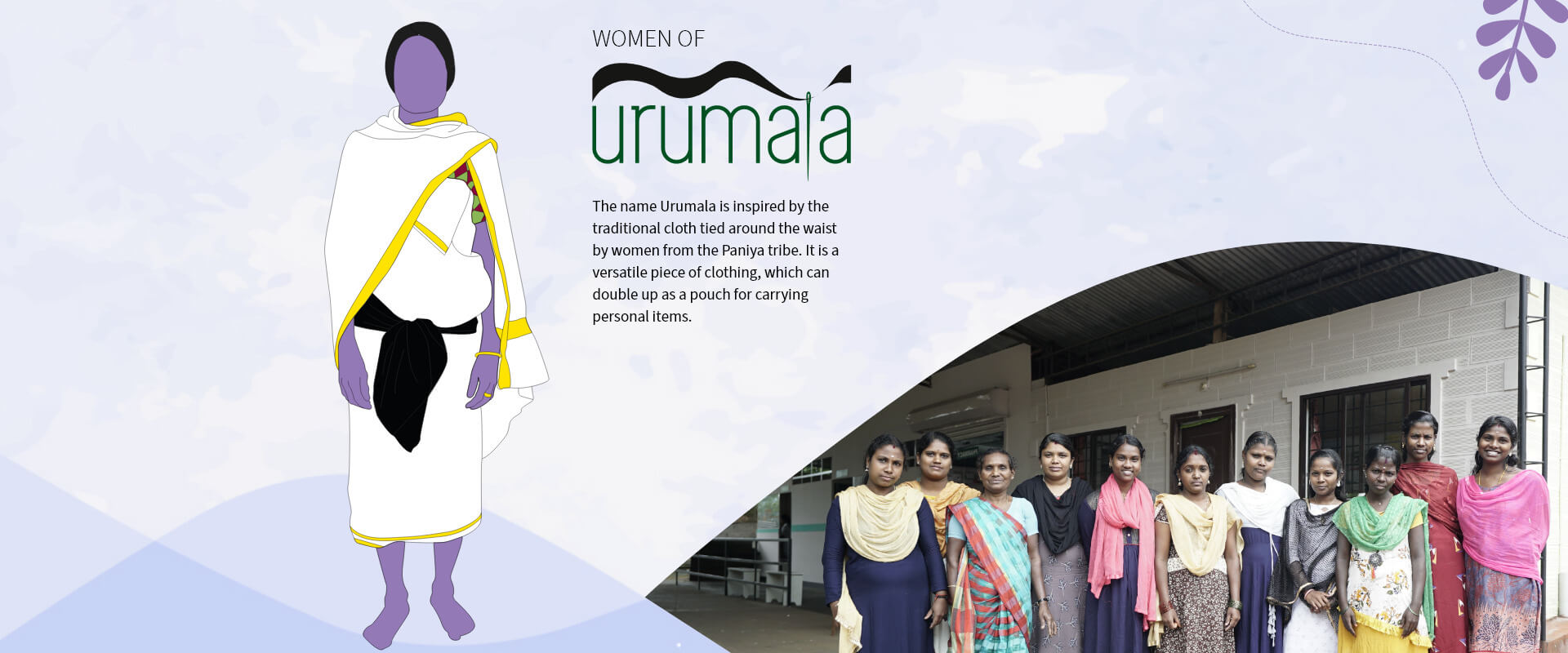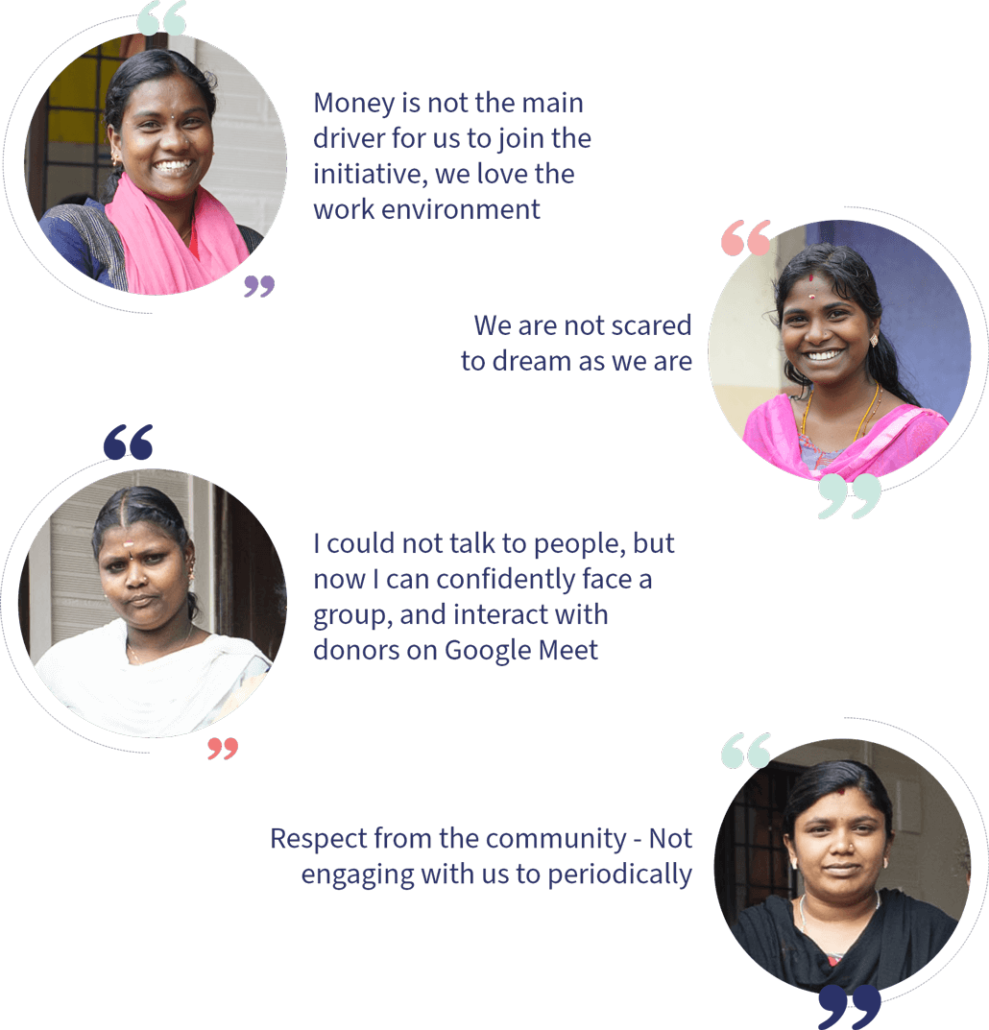THE DOUBLE PROBLEM
PROBLEM 1 : Menstrual health management
A.
There are over 355 million menstruating women and girls in India, but millions of women across the country still face significant barriers to a comfortable and dignified experience with menstrual hygiene management (MHM)
B.
70% of women in India say their family cannot afford to buy sanitary pads. And in 2012, 40% of all government schools lacked a functioning common toilet, and another 40% lacked a separate toilet for girls
C.
70% of mothers consider menstruation ‘dirty’, perpetuating a culture of shame and ignorance
D.
88% of menstruating women in India use home-grown alternatives like old fabric, rags, sand, ash, wood shavings, newspapers, dried leaves, hay, and plastic
E.
63 million adolescent girls live in homes without toilet facilities
F.
Girls are typically absent for 20% of the school year due to menstruation, which is the second major reason, after household work, for girls to miss school
G.
70% increase in incidence of reproductive tract infections owing to poor menstrual hygiene
Source:
1) Menstrual Health in India, Country Landscape analysis. FSG (Link)
2) ‘Spot On – Improving Menstrual Management’. Dasra, Kiawah Trust, and USAID, 2014 (Link)
PROBLEM 2 : Environment & Health
A.
12.3 billion sanitary napkins, amounting to 113,000 tonnes of waste, reached India’s landfills every year.
B.
Commonly available sanitary napkins constitute 90 per cent plastic
C.
Harmful chemicals present in the pads that flood the markets pose serious dangers to women’s health and can cause cancer
Source:
‘India’s landfills add 113k tonnes of menstrual waste each year: Report’, Down to Earth, 2021
Urumala pads for your health
Urumala pads do not contain the toxic chemicals of some disposable pads. These toxins can harm your body.
Urumala pads gives power to women
Your cloth pad purchase helps tribal women succeed as micro entrepreneurs.
Urumala pads care for the Earth
Disposable pads generate about 150 kg of sanitary waste over the lifetime of a woman. In India alone, that’s 108,000 tonnes of menstrual waste a year.
Urumala pads for your savings
Six cloth pads can cost you just Rs.1200 for five years. That’s a saving of 60% compared to disposable pads.
FAQ
Comfort
What is inside the cloth pads?
The top layer is made of cotton absorbent cloth. The inner section is made up of multiple layers of cotton cloth. The bottom layer is made of Polyurethane Laminate (PUL) fabric, which is leak-proof.
Will the cloth pad stay in place when I walk, run or sleep?
Yes, the flaps (wings)of this cloth pad have buttons to keep the pad securely in place. Just fold the flaps over the sides of your undergarment and move around without worrying about leaks.
Does this cloth pad absorb well?
Yes, there are multiple layers of cotton cloth, which absorb menstrual flow very well.
How many hours can the cloth pad be used?
We suggest you change the pads every four to six hours, depending on your flow.
CUSTOMER FEEDBACK
a. How do you see these pads from an environmental perspective ?
After using disposable pads for decades and worrying about contributing to the non-decomposable landfills, I really appreciate having an alternative that will help save the planet from further damage.
From a water usage perspective, after about 4 months of using these pads my observation is that it takes about 3-5 liters of water to soak and wash clean the 3-4 pads needed per day. In my household we use RO waste water for the initial washes thereby conserving water as well. So environmentally a very good option.
b. How do you see these pads from a savings perspective?
A pad would easily last 2-3 years. Cost of about 5 pads invested once will easily recovered in 5 months. So the rest of the life of the Urumala pads is savings
c. How do you see these pads from their health perspective?
Urumala pads are soft and made of high quality absorbent cotton. They have no harmful bleach or other chemicals that may lead to cancer. So definitely a healthier option than alternative disposable pads
ADIVASI INNOVATION HUB
The Adivasi Innovation Hub (AIH), an Incubator of microenterprises, is an attempt to respond to a strongly articulated need for self-employment by the Adivasi youth, which allows them to be self-reliant while retaining their sense of community, in an environment that is not conducive to this happening naturally


